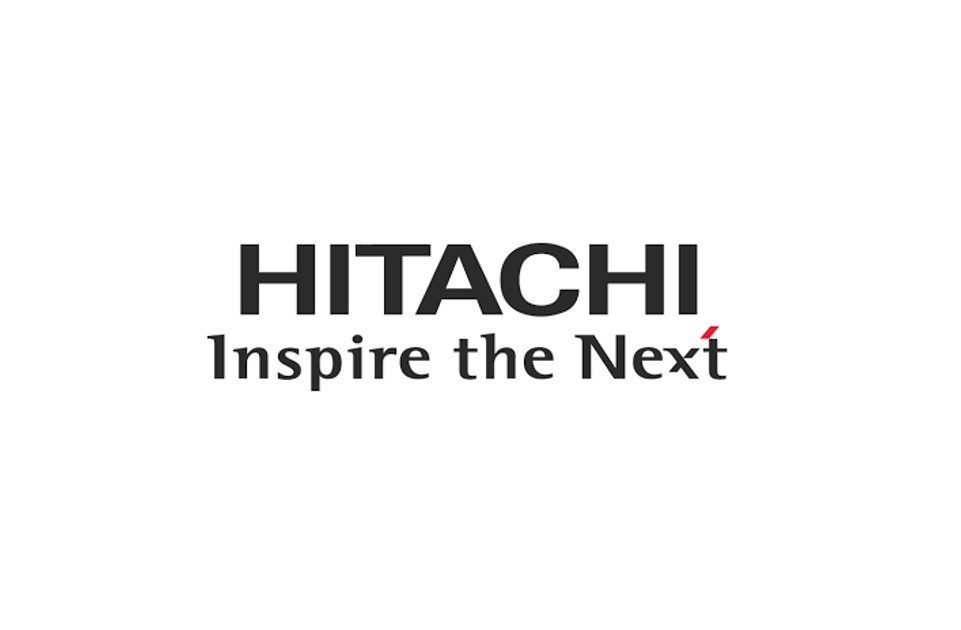London North Eastern Railway (LNER), Agility Trains and Hitachi Rail have signed a pioneering agreement that will define how the three organisations collaborate over the next three decades.
The industry-leading approach has been announced on the fourth anniversary of the first Azuma train entering passenger service on the LNER route on 15 May 2019.
The Relationship Charter is a commitment to a set of values and behaviours shared between LNER, Agility Trains and Hitachi Rail to ensure the best possible collaboration for the benefit of customers.
The Charter is designed to create an on-going open and collaborative culture between the three organisations, at every level of interaction, for the remaining 23 years of the existing contracts and potentially beyond.
The Department for Transport (DfT) contracted Agility Trains (sub-contractor Hitachi Rail) for the second phase of the Intercity Express Programme (IEP) in 2014, to provide 65 new high speed Azuma trains and associated depots for the East Coast Main Line. The British built trains were to be designed, accepted and deployed in consultation with the train operator. The DfT also established a long-term operational agreement between LNER and Agility Trains for provision of passenger rolling stock services, which runs until August 2046.
Linda Wain, Engineering Director at LNER, said: “By outlining common values and high standards for collaboration and interaction, the Charter is a commitment to working together to reach our shared competitive goals and to achieve operational benefits through a spirit of mutual trust and openness. Our customers are at the heart of everything we do at LNER and ensuring they enjoy the best possible experience when they travel with us. Working together with our partners is a key part of delivering the best service.”
James Le Couilliard, Agility Trains’ Chief Executive Officer, said: “The Charter cements our commitment to partnership in the delivery of out-standing passenger rail services across the East Coast through an open, collaborative approach – allowing us to collectively benefit from each organisation’s disparate skills, expertise, experience and knowledge. Enshrining our shared values, standards and behaviours across all areas of interface allows us to more effectively strive for our common goals, through a genuinely equal partnership, for long-term industry success and passengers benefit”.
Sara Holland, Fleet Director East Coast at Hitachi Rail, said: “Our collaboration has resulted in the British built Azuma achieving award winning performance. The Relationship Charter will build on this success, ensuring shared values and high standards are engrained in everything we do from boardroom to depot.”
The charter also outlines opportunities for active collaboration, designed to allow each organisation to achieve its goals and optimise the benefits of the relationship. These include:
- Strategic: Continual contact between owner and project leads
- Tactical: Managers, supervisors, team leads, collaborating to develop ways of working
- Operational: Sharing resources, skills, data, information, knowledge
- Interpersonal: Personal relationships are the mortar that holds everything together
- Cultural: Respect, appreciation, understanding and awareness across disciplines and roles.
The Charter is a revolutionary approach to collaborative partnerships. Relationship Charters may soon become standard across the industry, with LNER considering rolling out the model to its other partners and suppliers.
